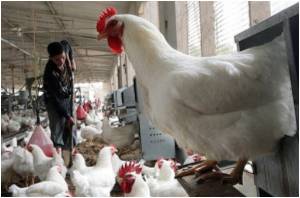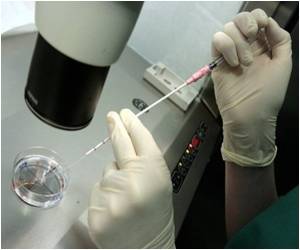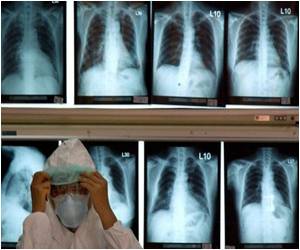The deadly bat-borne lyssavirus gets its first victim, a horse.

Tests were negative for Hendra but came back positive for Australian bat lyssavirus (ABLV) -- the first time a horse has been known to contract the disease, similar to rabies, which is even more fatal to humans than Hendra.
"This is the first case where Australian bat lyssavirus has been identified in a horse, although we know from overseas that horses can be infected with rabies," said Queenland's chief health officer Jeanette Young.
"There is a theoretical possibility that transmission to humans could occur."
Lyssavirus in humans causes paralysis, delirium, convulsions, and ultimately death, usually due to respiratory paralysis.
All three Australians infected with lyssavirus since its discovery in 1996 have died. Until now all human cases have been via direct contact with an infected bat in Queensland.
Advertisement
Young said rabies immunoglobulin and four doses of the rabies vaccine had proven effective against lyssavirus as a preventative treatment for people not showing any symptoms.
Advertisement
Source-AFP









